The LGBTQ Road So Far – A Fan’s Take on the Evolution of Characters’ Sexual Identity on Supernatural
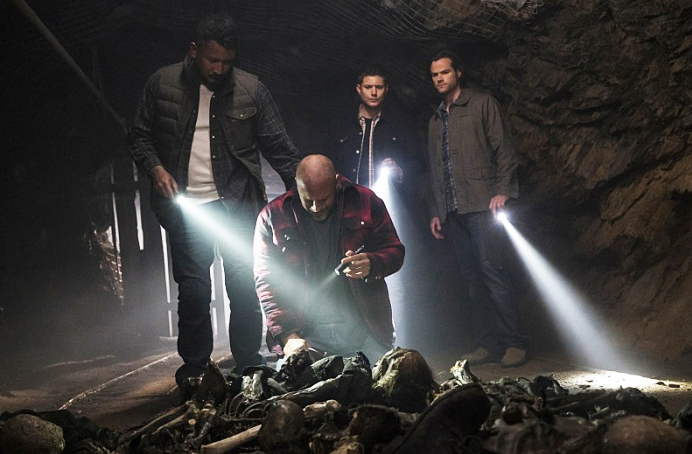
Dean: “Dude, could you be more gay?!”
Sam: (looking flustered)
Dean: “Don’t answer that.”
Back in the season three episode “Bedtime Stories” (3.05), that’s how Dean responded to Sam’s question about whether or not he remembered the story of Cinderella.
In the very early years of Supernatural, it seemed there were some definite “rules” about acceptable male behavior, especially according to Dean. If Sam displayed too much empathy, he was called “Samantha”. If he wasn’t deemed masculine enough, he was picked on.
My overall impression throughout the early seasons of Supernatural (which I thoroughly loved) was that the show used homosexual characters for attempted comedic effect. Sometimes this was successful; sometimes it was not. Gay characters were usually treated sympathetically, if not as true equals. Two examples of this include Corbett, the doomed ghost hunter (3.13), and the gay couple, Demian and Barnes, who were convention-goers (5.09).

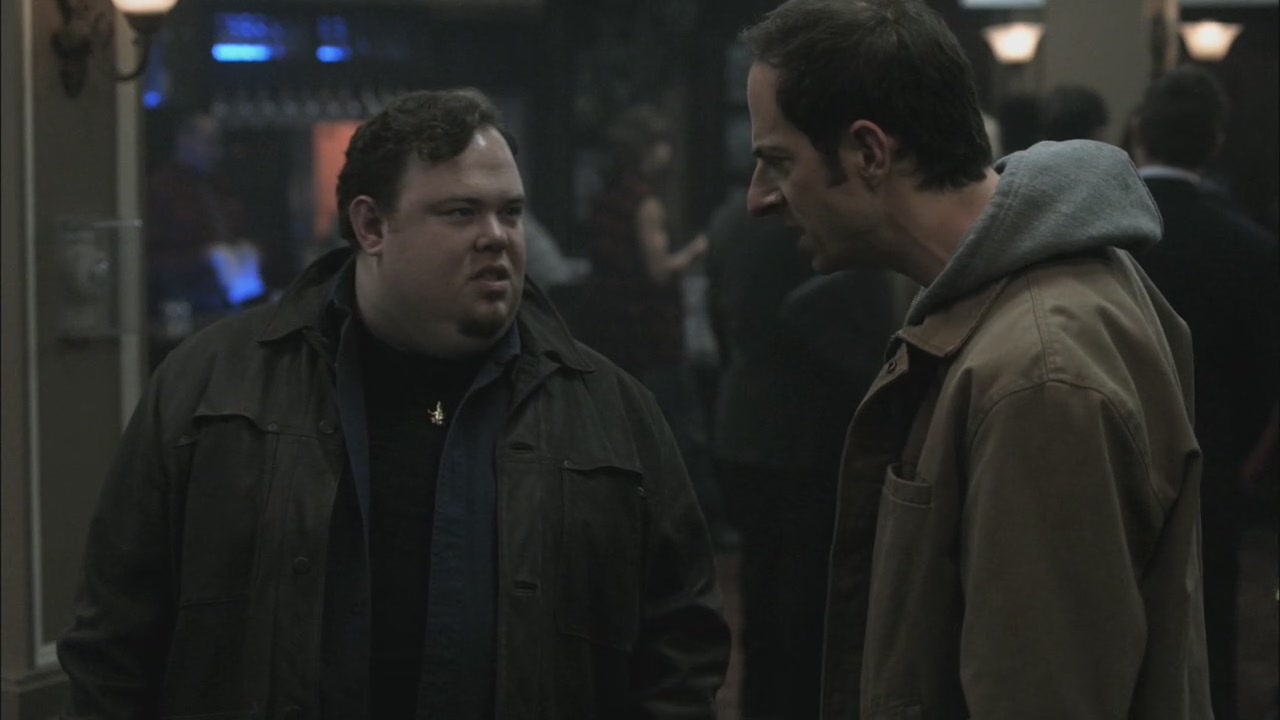
All three characters were enthusiastic, but rather unskilled and used for tragic and/or comic effect. In “Season Seven, Time for a Wedding” (7.08), the character of Guy, the event planner/demon friend of Becky’s, was written and played as a very stereotypical, more flamboyant “gay wedding planner” type in what may have been an attempt at comedy.
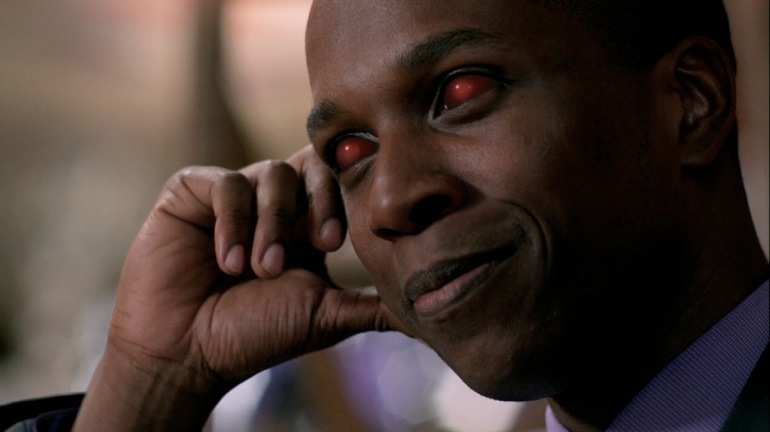
Sam and Dean crossed paths with other gay characters over the years and most of them did not live happy lives. There was “special child” Lily Baker in season two (killed), Max Banes in season twelve (condemned his soul to hell as a trade-off for choosing to reanimate his dead sister), Claire Novak through multiple seasons (going through life with a largely unrequited love for Kaia), and Max, the young resident of Lebanon in season fourteen (portrayed as a rather clueless and reckless teen).
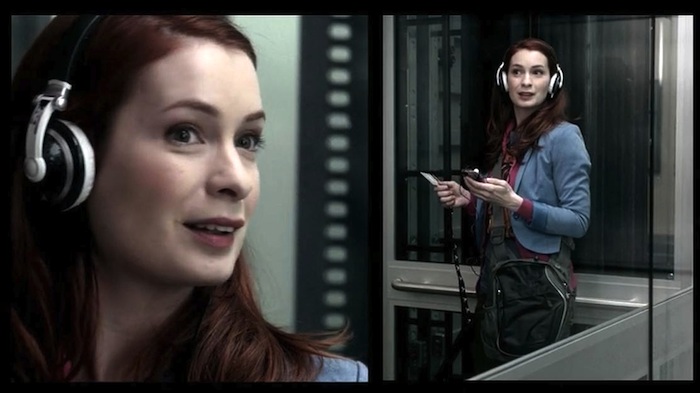
When Charlie appeared (7. 20), she was a revelation. She was a smart woman and Sam and Dean’s equal with talents superior to theirs in some areas. They quickly grew to care about her while also respecting her intellect. They taught her, reassured her, and encouraged her as she helped them with cases and research. Her sexuality was about as incidental as her hair color; just another attribute and part of who she was. Dean didn’t tease her about it, and the closer the characters of Charlie and Dean became, the easier the understanding was between them. By the time “LARP and the Real Girl” aired (8.11), Charlie and Dean appreciated hot women together and seemed to connect in a way even Dean and Sam failed to. When Sam told them that “the victim was killed by belladonna” and they both asked in surprised unison, “The porn star?” it was apparent how similar they were in some ways. Like minds, Charlie and Dean. It was one of the most beautiful friendships on Supernatural. I am still upset that they killed off such an important, beloved character.
It felt like there was a bit of a shift in the portrayal of gay characters after Charlie. They seemed to have happier endings, or at least did not seem to be living tragic lives during the brief glimpses we were allowed when introduced to them. There were the two men in the bar, targeted by Cupid who were unexpected soul mates in “Sacrifice” (8. 23). These two played against stereotype and it was refreshing that a supernatural being, Cupid, had zero qualms about uniting these soul mates no matter what their gender.

There was the female teenage couple in “Fan Fiction” (10.05) whose relationship was very matter-of-fact among the other high school students in the musical production, even if their fictional portrayal of Dean and Cas, and Dean’s resulting consternation (“What are they doing?”) was used to great comedic effect when he observed them as a couple (a sweet wink to the volumes of romantic fan fiction written about Dean and Cas). Robbie Thompson may have understood the fandom better than anyone else who wrote for the show. But I digress…
Dean evolved in his thinking about homosexuality to the point that, when in the episode “The Prisoner” (10.22) Dean said to Eldon Styne (who came from a family with a talent for replacing body parts so they could keep on living), “Your old man’s dead. They’re all dead. So, you can save me the speech on the three hearts, the two spleens, the seven nipples, for the ladies… or the fellas, I don’t judge,” I believed him. By season 11, there was a very normal, everyday lesbian couple working on renovating their home in “Safe House” (11.16), complete with a daughter.
In spite of those examples, César and Jesse’s arrival in “The Chitters” (11.19) took me by surprise. I never thought we’d see an established gay male couple on Supernatural that was dealt with in more than a very cursory way. Even better, their characters followed the long-established Supernatural formula where some aspects of their situation mirrored Sam and Dean’s.

Like Sam and Dean, César and Jesse stayed together over the years. They didn’t want to be without each other. They sacrificed for each other. César stuck with Jesse throughout his endless quest to avenge his dead brother, even though he had hopes that they would one day be able to live together on some land he’d bought for them in New Mexico. They had experienced painful losses, as had Sam and Dean. César and Jesse were very competent hunters, as witnessed by César saving Dean’s life at the start of the episode before they’d even met. César and Jesse also seemed like loners, working only as a pair and trusting each other, very much like Sam and Dean. One supported the other’s quest for revenge, even though it put their lives on hold. That sounds familiar. This device made them very relatable to the main characters we already loved. They were more like Sam and Dean than they were different.

The only way we knew that César and Jesse were gay was because César flat out told Dean that he and Jesse were “more like an old married couple” than brothers. There was no outward sign, no stereotypically “gay” characteristics. These weren’t caricatures or easily pigeonholed stereotypes, they were more like brothers in arms for Sam and Dean. César and Jesse were definitely more “hunter” in appearance and behavior than anything else. They kept to themselves and flew under the radar. The two teams of hunters understood each other and Sam and Dean quickly begin to treat them as equals.
This was important because Sam and Dean judged César and Jesse based on their actions, their skill, and their loyalty instead of any preconceived notions having to do with their sexuality. Here were two characters who were both gay and, in this episode, that was normal. I feel that writer Nancy Won’s treatment of César and Jesse went further to normalize homosexuality on Supernatural than anything that came before it. Not only homosexuality, but the recognition that gay people can want, and have, a long term, devoted relationship to one partner. These characters do not fit the often-referenced promiscuous gay male stereotype. As a gay person in a long-term relationship, I felt like the show was saying to me, “I see you and you’re part of the family.”
César and Jesse were a rarity on Supernatural – a couple of competent hunters who happened to be in love and also were allowed to live past the end of their episode and drive off into the sunset. Sam and Dean valued their friendship with César and Jesse enough to let them have their happy ending, i.e.they did not ask them to stick around to help with Amara. Even though they thought about asking for their help, they ultimately decided not to put César and Jesse in danger. It seemed like César and Jesse’s successful retirement gave Sam and Dean some hope that maybe hunters don’t always have to expect to die in a blaze of glory (at best).
In the very next episode of that season, “Don’t Call Me Shurley”, (11.20), we found out that God himself was bisexual, having spent his time roaming the earth as Chuck where he “had some girlfriends. Had a few boyfriends”. This little reveal seemed to say that sexual fluidity is “part of the plan” of the universe, at least according to the writers on Supernatural (thank you again for that, Robbie Thompson!); that we’re all on the spectrum somewhere. That little aside by Chuck felt very validating.
The writers of Supernatural have come a long way from the days of Dean putting Sam down by calling him “gay”. Over the years, thanks to those writers, the underrepresented and marginalized became anything but. It’s one of the reasons why I love this show. It was incredible and imperfect right out of the gate, and it has been allowed to evolve into something better.
Written by Tedra Ashley-Wannemuehler.
Illustrated by Nightsky.
Many thanks to Amee McDonald and Gisa Kusserow-Hanson for helping to track down specific episodes and characters.
Tedra Ashley-Wannemuehler wrote about her affection for the characters of César and Jesse as well as her own SPN Family journey in a chapter in the recently-published There’ll Be Peace When You Are Done (Lynn Zubernis, ed.). She is a custom bookbinder and metalsmith who lives with her wife and their perfect cat (Annie) Oakley in Illinois.
Twitter ID (SPN): @waywrdaughter67, @fineblankbooks
Facebook BookBinding, and Jewelry
Jewelry on Instagram: @redemberforge



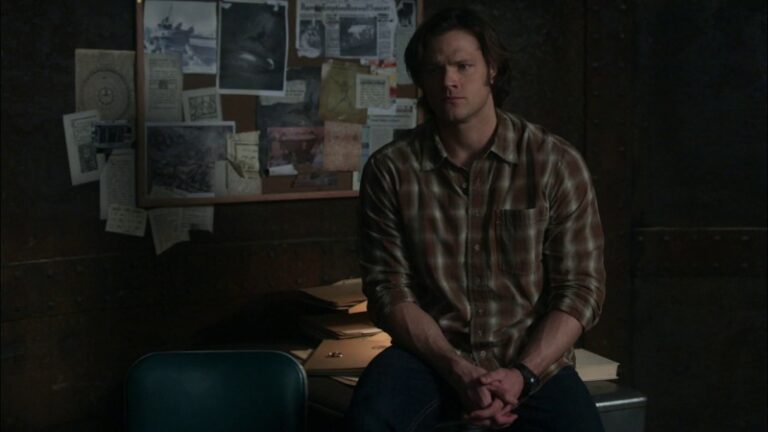
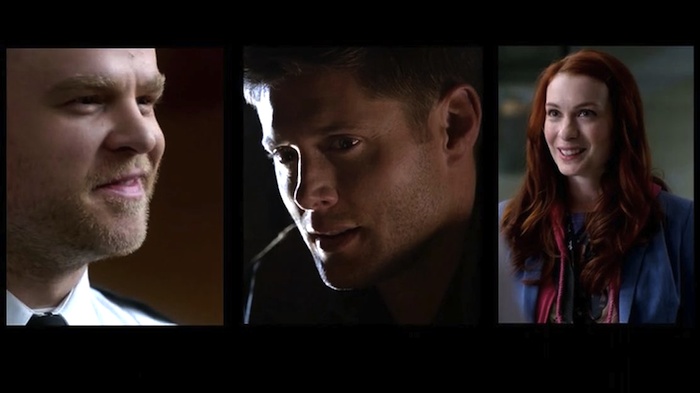
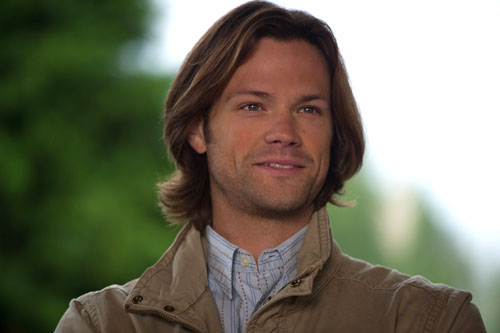

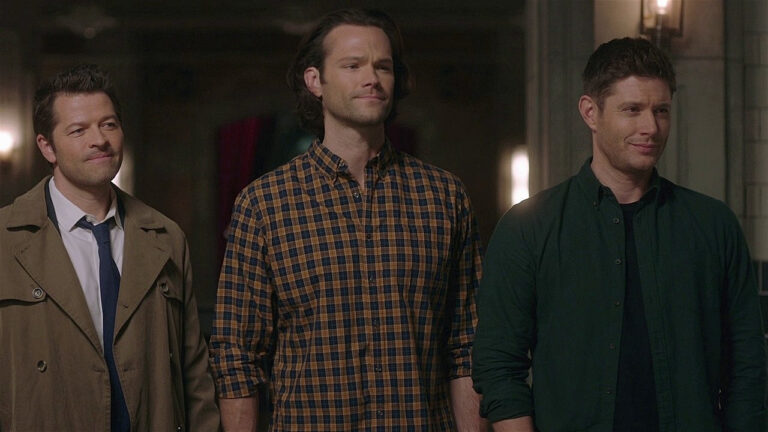
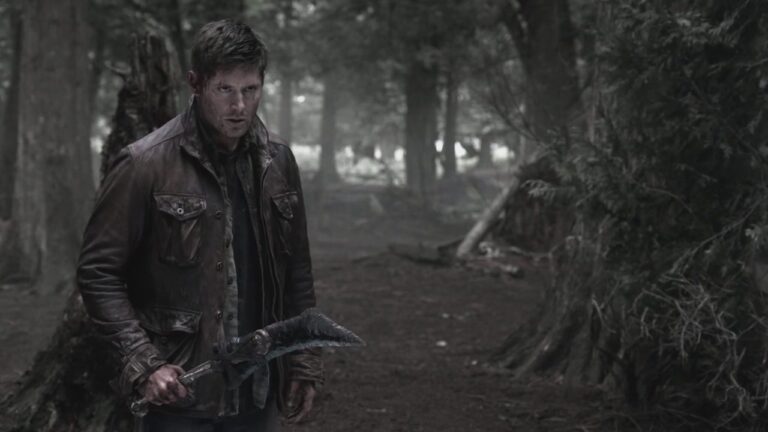
Leave a Reply